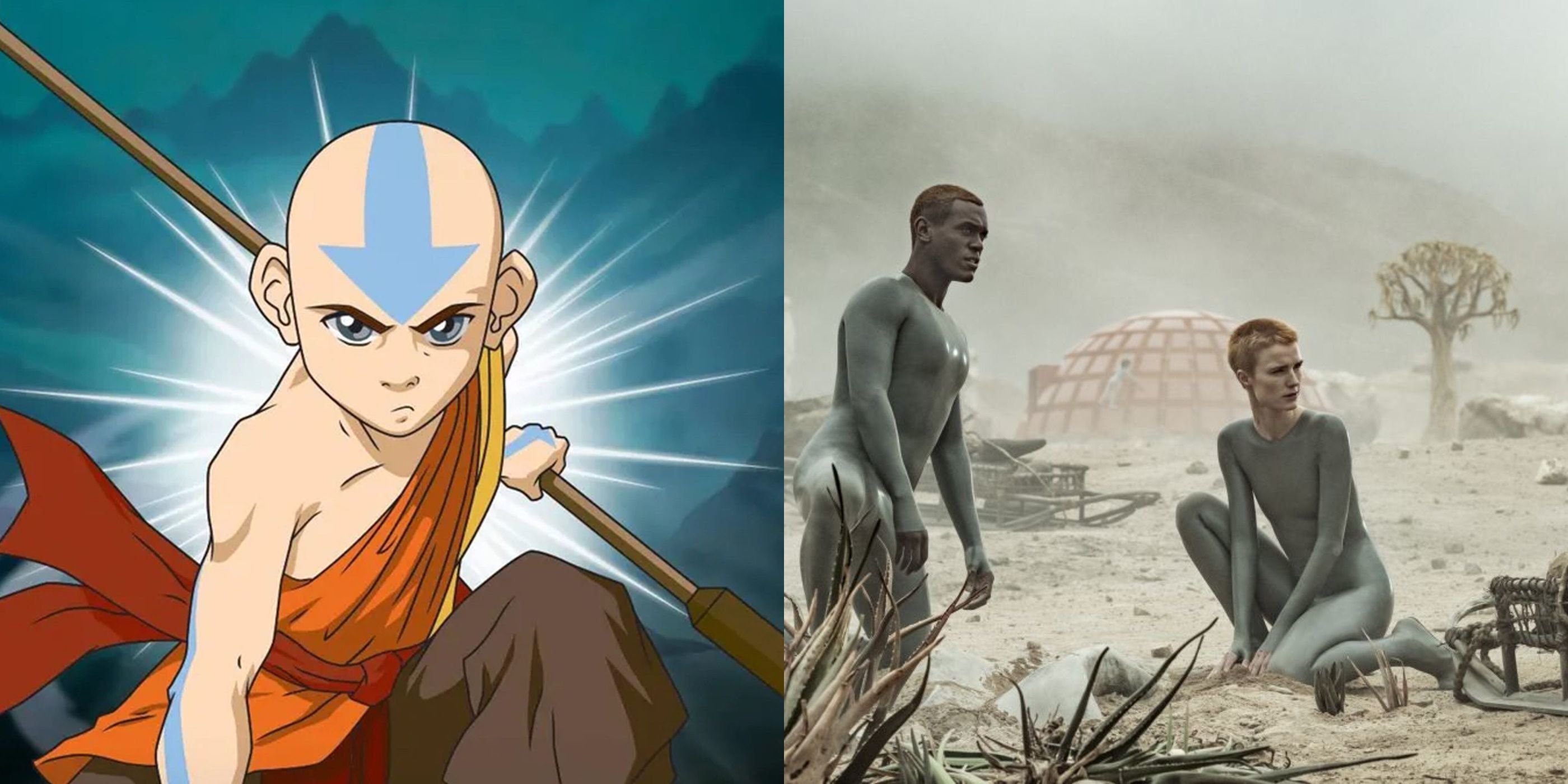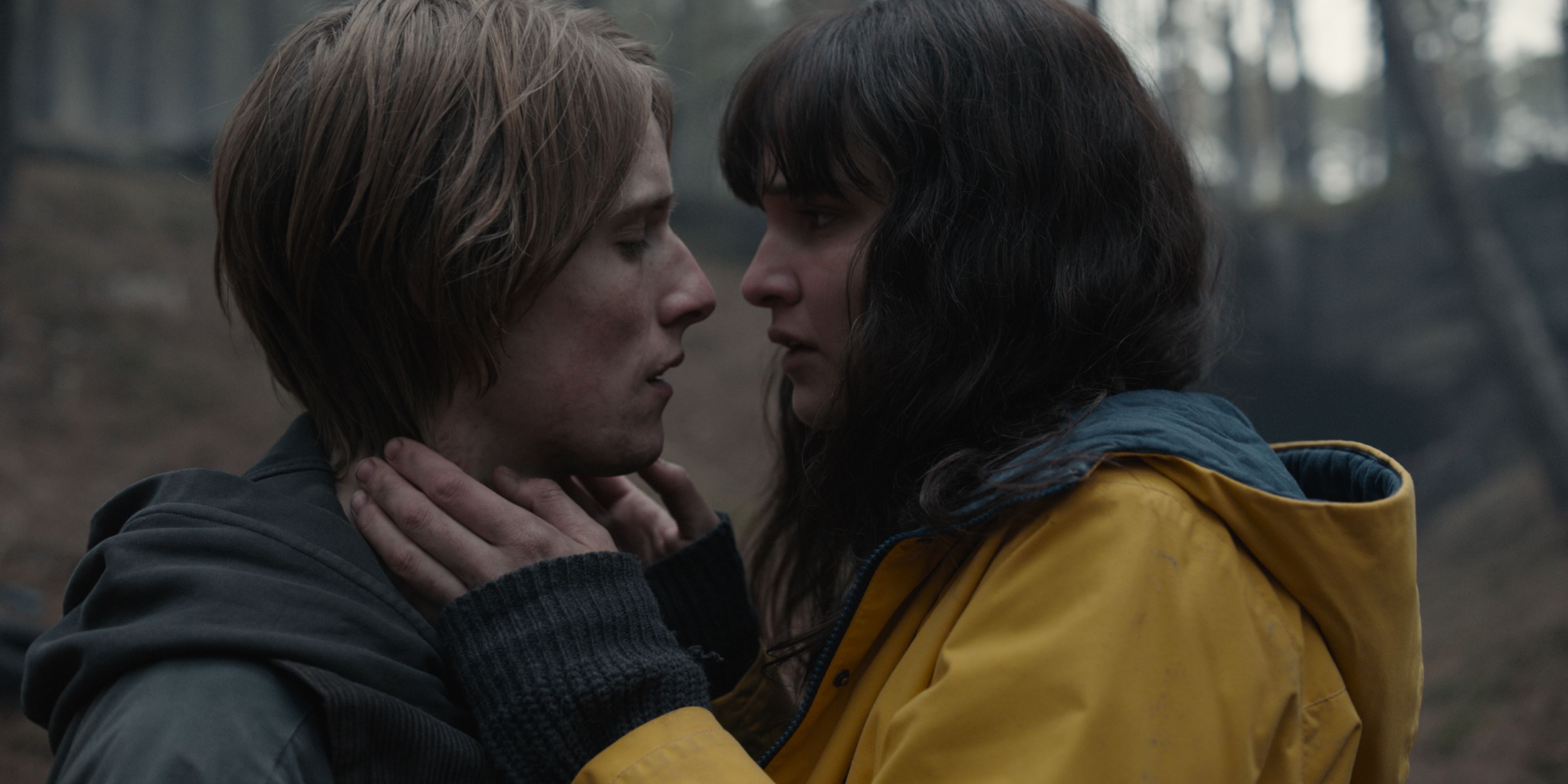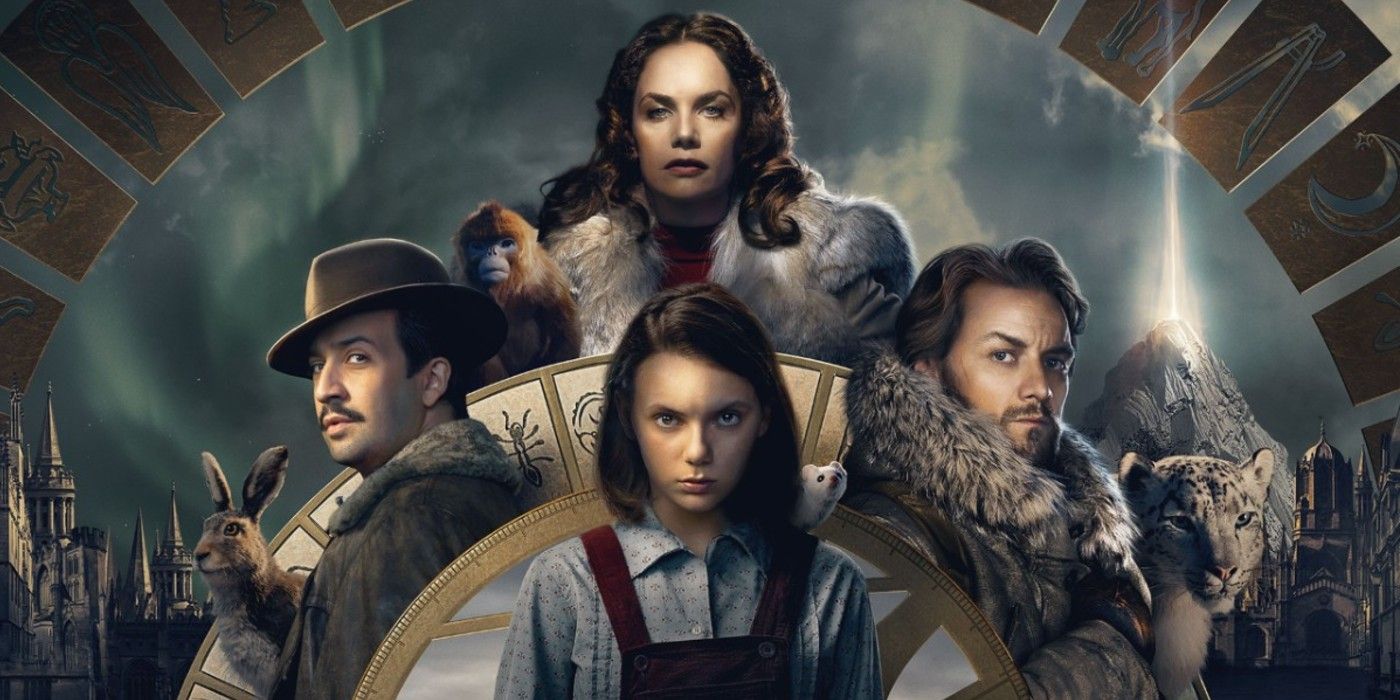Lore can be the background of a story, or its most powerful asset. A huge sweeping fantasy or a complex science fiction narrative needs to have solid world-building to sustain itself. While TV isn't always the home of this particular storytelling structure, some shows can impress viewers with more complex fictional concepts.
From kids' cartoons to adult prestige drama, lore can be the secret ingredient that turns an enjoyable jaunt in a fictional realm into a deeply immersive experience. Some works of adaptation come with a mountain of lore, while other TV series build their backstory one episode at a time.
Dark
This highly-praised Netflix sci-fi series starts very simply. A small German village is sent reeling by the sudden disappearance of several children. The locals descend into accusations and in-fighting as the nightmarish implications drive disagreement into violence. It feels like a very serious drama, set to depict the downfall of a town after a tragedy. One could turn it on without knowing anything about it and imagine they're watching a German cousin to Broadchurch. By the second episode, elements of hard science fiction begin to twist and bend the narrative. Dark hides the depths of the bizarre and deeply unpleasant backstory behind its earliest moments. There is so much behind the guise of the traditional little town. From the time travel to the grim past of almost every major character, there's a lot to learn about Dark.
His Dark Materials
Phil Pullman's late-90s trilogy of classic fantasy books packs in enough lore to keep an audience pouring over the details for years. The first entry in the series was adapted into a mildly disappointing film in 2007, but fans waited eagerly for a more complete on-screen version of the story. Finally, in 2019, HBO brought their dreams to life with a full-fledged prestige TV adaptation of the novels. The story follows Dafne Keen as Lyra, an orphan who stumbles into a wide-reaching conspiracy while searching for her lost friend. In a lot of complex fantasy narratives, fans might find themselves wanting more context or deeper lore. Anyone eagerly awaiting the upcoming third season or looking to learn a bit more about the Magisterium have just over 1,200 pages of extra detail and half a dozen spin-offs to peruse at their leisure. Like Game of Thrones or Outlander, anyone who wants a TV show with plenty of lore will love a show with too much to put on screen.
Avatar: The Last Airbender
The unquestioned champion of depth, lore, and quality in the world of children's media came out in 2005 and immediately became a phenomenon. Michael DiMartino and Bryan Konietzko's groundbreaking anime-inspired Nickelodeon masterpiece stands among the most complex live-action shows as a monument to good world-building. Just about any narrative with a hard magic system could learn from this show's presentation. Any fantasy world could benefit from the level of joy and life that the team imbued this show with. Before this show premiered, when the ads were airing between SpongeBob reruns, people would never have expected the sprawling epic that eventually aired. DiMartino and Konietzko were inspired by other huge fantasy worlds and their centuries of lore and managed to create a comparable world in 61 episodes. It's a work of art and a masterclass in lore.
Raised by Wolves
This tragically canceled HBO series is ostensibly about a pair of repurposed androids sent to a hostile planet with the last of humanity's children. That's the baseline pitch, but the narrative features so many weird inexplicable details, so much enigmatic history, and so much religious mysticism that the main story is swiftly buried. Raised by Wolves constantly shows its audience something absurd, something that threatens to shift science fiction into the realm of surreal cosmic horror, then offers some sort of explanation. That explanation becomes lore. The rules are ever-changing. The plot sees the main characters gradually discovering the impossible ecology of their new home, but so much lies beyond the surface that the audience feels as on edge as they are. The unfortunate demise of the show on a mountain of unresolved cliffhangers leaves a world of lore on the table.
Fringe
Lore is a neutral asset. It can be used well or poorly, provide power to a narrative or take it away. What happens when lore slowly overwrites the entire intent and identity behind a work of art? J. J. Abrams' 2008 series Fringe did everything in its power to remain an episodic monster of the week series about paranormal investigators. The first season amounts to a modern riff on The X-Files with updated elements of government bureaucracy. By the third, the series' mythology and parallel dimension conceit has become the dominating storytelling element. Fans will debate whether a fully serialized narrative fits the show better than the weekly mystery format, but the lore is the all-consuming beast that necessitated the change. Binge-watching Fringe is a full college course on what good lore can give a series, whether it wants it to or not.






